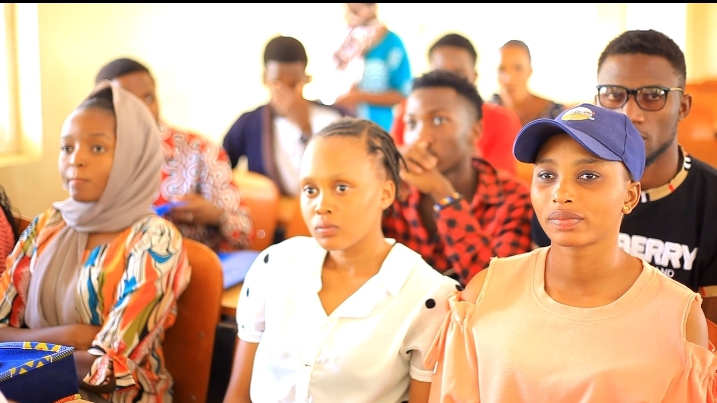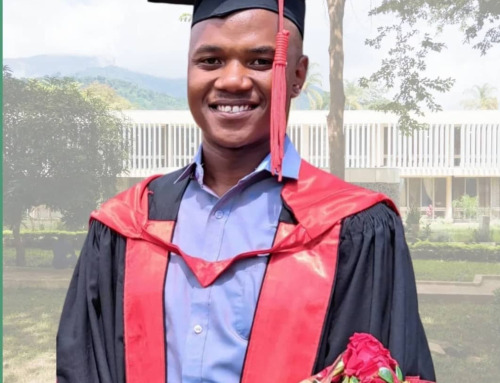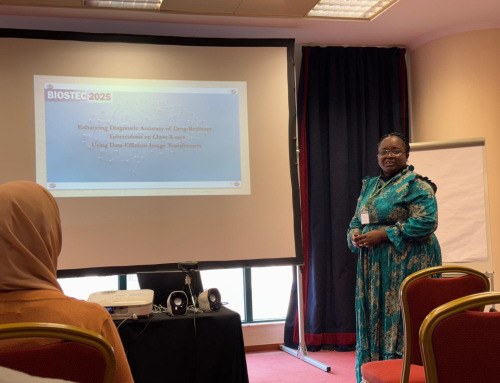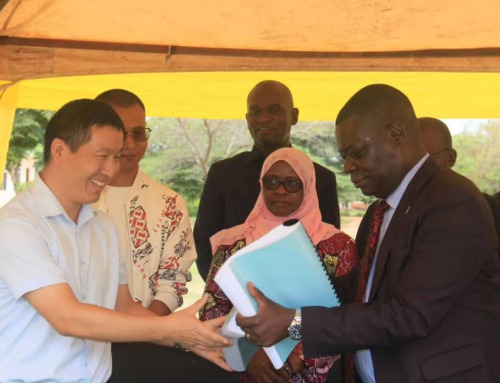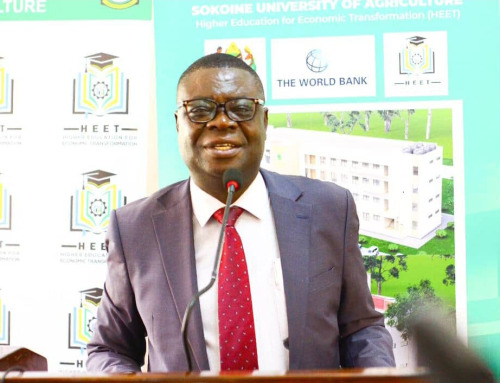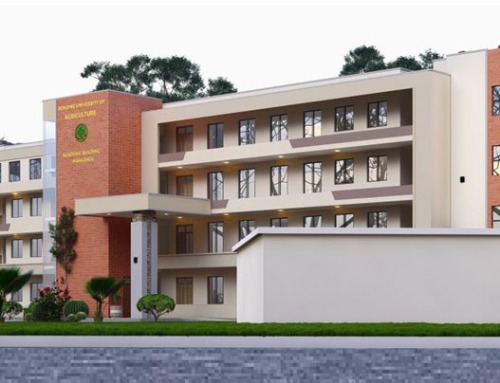The Sokoine University of Agriculture (SUA) is a safe place for students with various visible and invisible disabilities.
These remarks were made by education stakeholders from SUA’s Mizengo Pinda Campus in Katavi region during training sessions on identifying students with special needs. The training which took place from July 2023 – was provided to teachers, administrators, and students at the campus through the support of the Higher Education for Economic Transformation (HEET) Project.
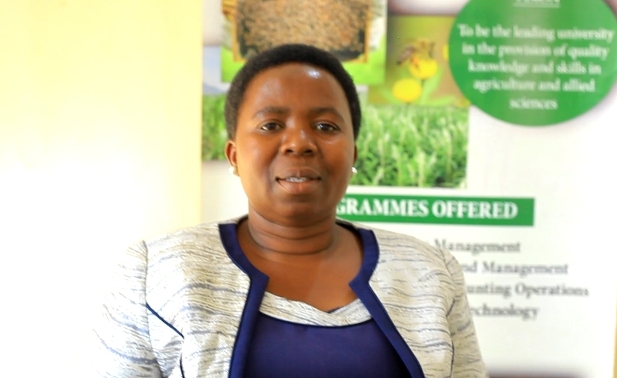
Dr. Thabita Lupeja, the Coordinator of the Special Needs component of the HEET Project at Sokoine University of Agriculture, opened the training sessions by highlighting the project’s priority to identify university students with special needs and enable them to pursue their educational goals without barriers.
“Students with visible and invisible disabilities need to feel that SUA is a safe place to live and learn, where they can access education on equal terms with other students and not face stigmatization or exclusion,” stated Dr. Lupeja.
She added that since the implementation of the HEET Project, funded by the World Bank, there has been a significant demand in the area of special needs. So far, more than 258 students from two campuses have been identified as having various special needs, including visible and invisible disabilities, through assessments carried out by education experts collaborating with SUA under this project.
“We are still identifying students with special needs, such as those with low vision, hearing impairments, and other challenges they may have faced before or during their time at the university. It is essential for them to be open about their challenges so that they can receive appropriate support and be successful students without facing exclusion or stigmatization in the job market when seeking employment or self-employment,” emphasized Dr. Lupeja.
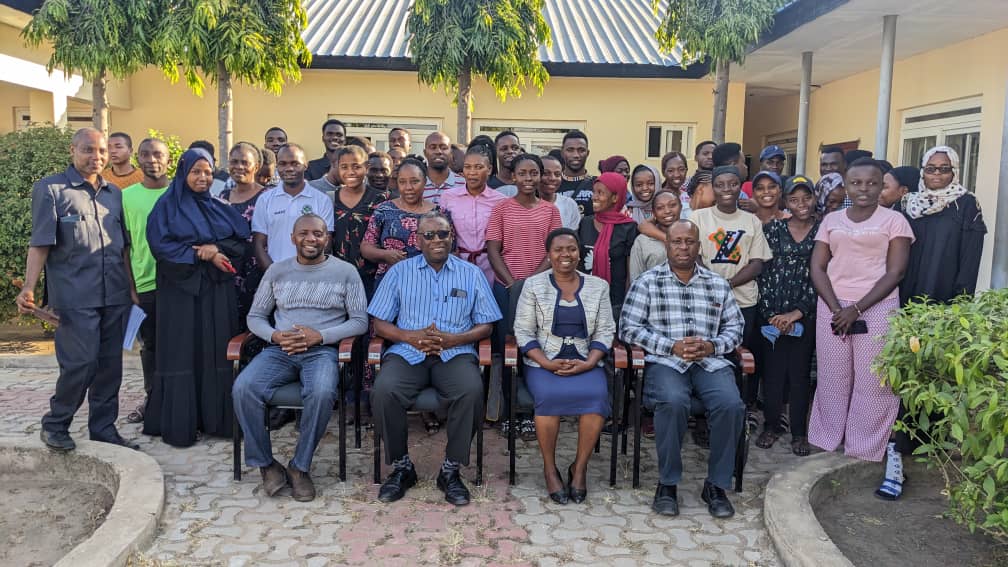
The Coordinator of Inclusive Recognition of Students with Special Needs from the Dar-es-Salaam University College of Education (DUCE), Benigno Kumpanga, pointed out that one of the challenges is that many students conceal their difficulties when joining the university for the first time, fearing negative implications. Therefore, the training focused on methods to identify those with special needs, including checking information about their secondary school backgrounds, medical records, and observing certain behaviors that may lead the Student Advisory Office to direct these students to the university health facilities for assessment and support, as it is their basic right.
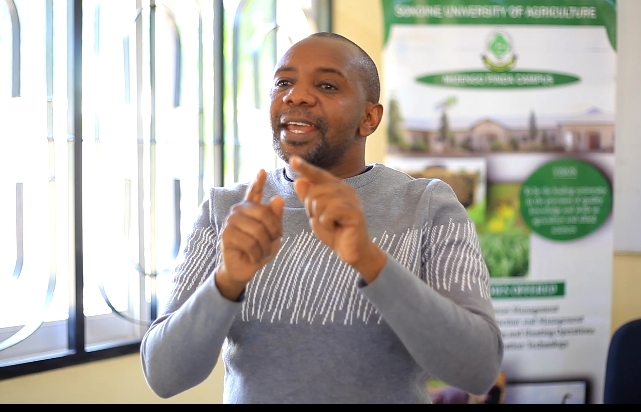
Similarly, Fraterinus Osward, an expert in hearing-related issues from AMUCTA (SAUT-Tabora), emphasized that the prevailing societal perspective that views people with disabilities as hindrances is a form of stigmatization that needs to be eradicated through continuous education.
“There is also a misconception that people with special needs should only pursue education and not opt for other fields of study. This notion can discourage students, especially those with invisible disabilities, from disclosing their challenges, fearing they may lose their place at the university. However, the university application forms have sections that allow individuals to indicate their specific needs to receive appropriate support based on their requirements,” said Osward.
Hilda Gamuya, Acting Student Advisor from Edward Moringe Campus at SUA, highlighted the university’s efforts to ensure that students with special needs receive the support they require. Those who have disclosed their challenges have been assisted accordingly. This process involved class leaders helping to identify such challenges among their fellow students, a successful approach that continues as an ongoing practice, as students may encounter new difficulties during their studies, requiring prompt assistance to create conducive learning environments.
Principal of the Mizengo Pinda Campus, Prof. Josiah Katani, urged students joining SUA’s Katavi Campus to be confident about embracing the supportive and secure learning environment the university offers. With clear guidelines and through these training sessions, the HEET Project ensures that students can openly discuss their challenges, allowing prompt resolution without hindering their pursuit of education.
In conclusion, the Higher Education for Economic Transformation (HEET) Project has played a vital role in transforming SUA into a safe haven for students with special needs. By fostering an inclusive and supportive atmosphere, the university aims to empower all students to excel academically and thrive in their future endeavors, independent and self-reliant in their daily lives.
